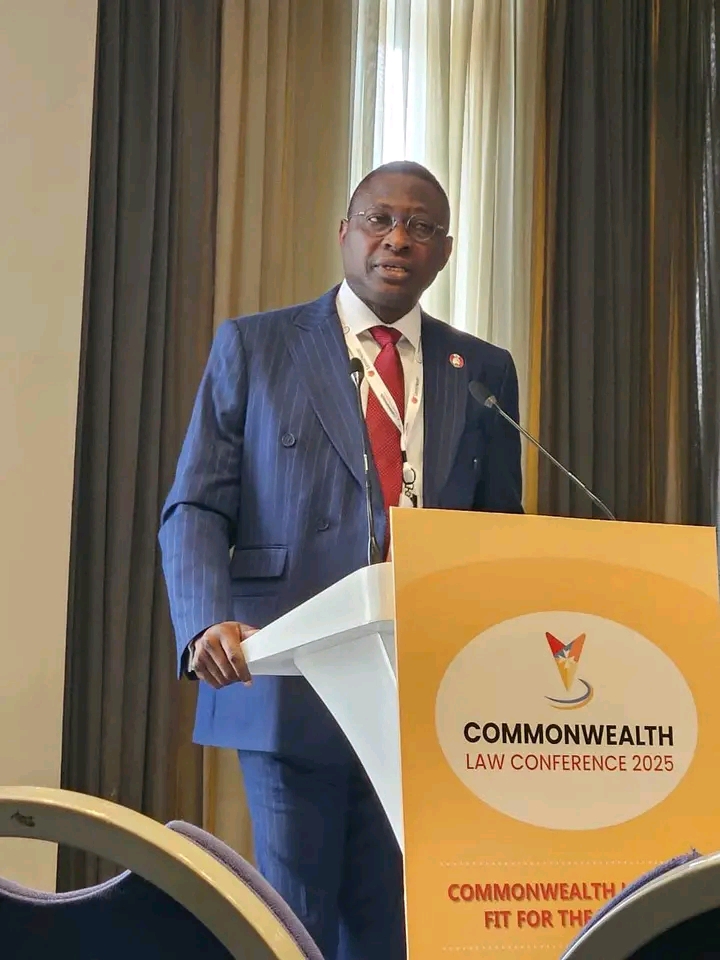Executive Chairman of the Economic and Financial Crimes Commission, EFCC, Mr. Ola Olukoyede has challenged Commonwealth Nations to learn from Nigeria’s proactive reforms and collaborative approaches in its fight against corruption to strengthen their defences against financial crimes.
He threw this challenge on Monday, April 7, 2025 at the opening of a five-day Commonwealth Law Conference organised by the Commonwealth Lawyers Association , CLA, in Malta, with the theme: Combating Transnational organised Crime in the Commonwealth: Opportunities and Challenges.
Olukoyede who spoke on the topic: “Combating Financing of Terrorism and Proliferation Financing: Has FATF Enhanced Monitoring Made any Difference in Non-Compliant Countries?”, said the Financial Action Task Force’s, FATF’s enhanced monitoring framework, while presenting significant challenges, also offers a clear roadmap for reforms.
According to him, Nigeria’s experience reinforces the fact that the benefits of monitoring extend beyond mere compliance but the creation of a resilient financial system capable of disrupting the financing of terrorism and proliferation activities.
In his advice to the Commonwealth Nations, the EFCC boss said that while the FATF has made major changes to the criteria for putting countries on its lists to relieve pressures on least developed countries and focus on those countries posing greater risks to the international financial system, “members of the Commonwealth should continue to push for more considerations for countries in the Sub-Saharan who continued to constitute the highest number on countries on the enhanced monitoring list”.
He pointed out that Nigeria has largely addressed all its action items under the enhanced monitoring process with exception of the items under Immediate Outcome 8 (Confiscation and highlighted lessons for other Commonwealth Countries.
Such lessons include, high level political commitment, proactive compliance over reactive measures, building enforcement capacity, harnessing Technology, fostering public-private partnerships and continuous international engagement.












